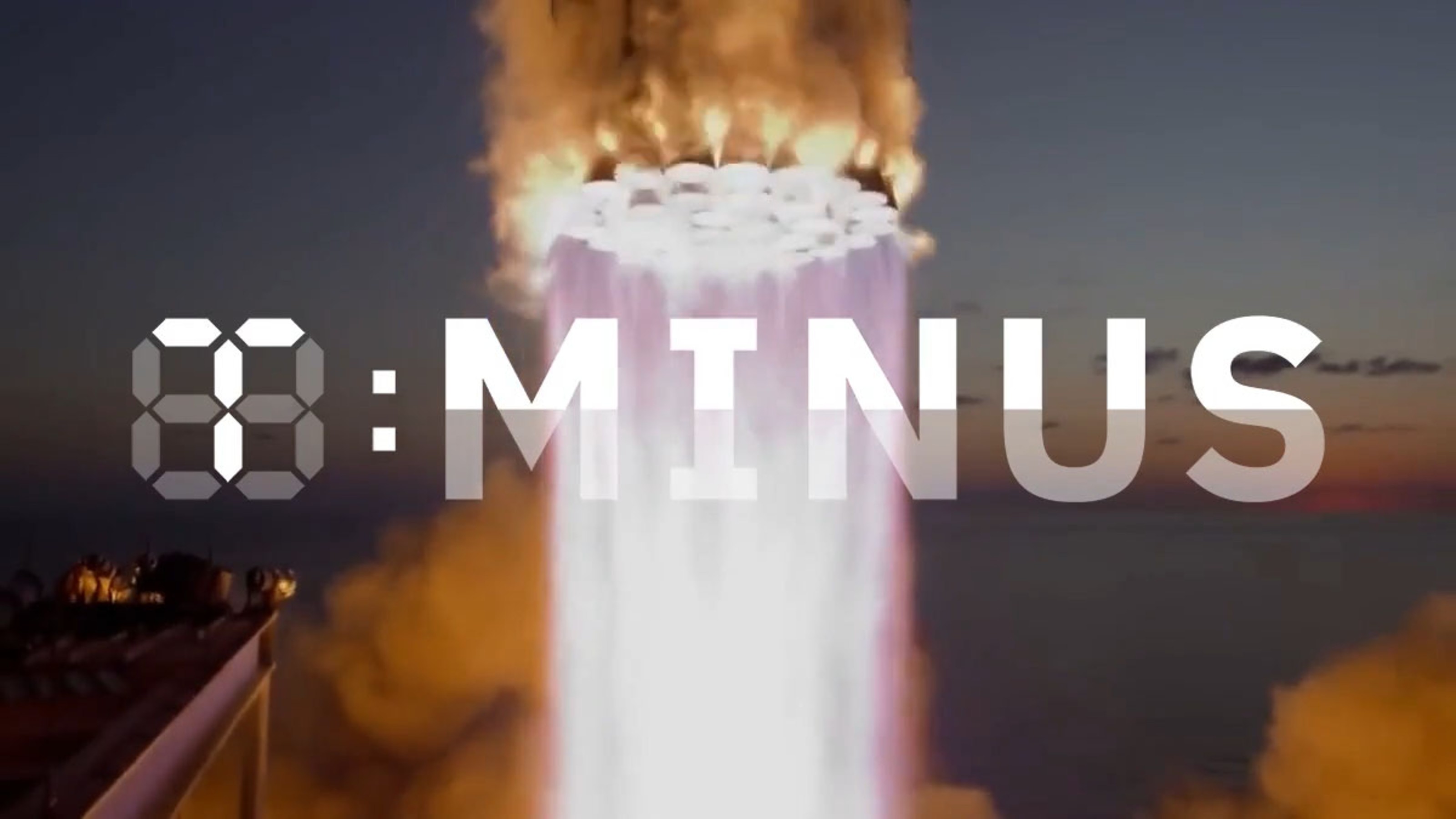Bill McKibben is an environmentalist and writer who founded the international climate campaign 350.org. Twenty years ago, with his book "The End of Nature," he offered one of the earliest[…]
Sign up for the Smarter Faster newsletter
A weekly newsletter featuring the biggest ideas from the smartest people
Unfortunately, no one source of renewable energy will be able to hold a candle to fossil fuel.
Question: Is there a source of renewable energy that can rnreplace fossil fuel?
Bill McKibbon: I think there is rnno source of renewable energy that replaces one-for-one fossil fuel. rnFossil fuel is really great stuff. It’s concentrated in a few places. rnIt’s incredibly energy-rich, dense in BTUs. It’s easy to transport. It’srn too bad that it’s wrecking the planet. There is no silver bullet that rnreplaces it. Maybe there is enough silver buckshot if we gather it all rnup. The energies that we will rely on in the future, things like wind rnand solar, are far more diffuse and scattered than fossil fuel. They’re rneverywhere, but nowhere in overwhelming abundance and hence the tactic, rnthe sort of thinking, about how to gather them together is going to havern to be different. Instead of a few centralized big burners, you know, rngoing through mountains of coal we’re going to have to have an energy rnsystem that looks more like the Internet with lots and lots of nodes; rnlots and lots of people bringing stuff to market and taking stuff away. Irn have solar panels all over the roof of my house in Vermont. On a sunny rnday I’m a utility. I’m firing electrons down the grid. You know my rnneighbor is cooling his beer with the sunlight that falls on my shinglesrn okay. That’s good in all kinds of ways. It lets us put environmentally rnbenign technologies like solar panels into pretty easy use. It also rnreduces the vulnerability of these systems. You know it’s not just banksrn that are too big to fail in our economy. It’s the agricultural system rnand the energy system as well. It would be much better to have an energyrn system that depends on lots and lots of solar panels on lots of rnpeople’s roofs because, I don’t know, say some terrorist decides that hern wants to take out my solar panels. He could climb up on my roof with a rnhammer and dismantle them and then I have a problem, but it’s not a rnproblem that cascades across the transmission grid you know and it’s notrn spewing deadly solar particles into the atmosphere either. It’s a rnrelatively small problem and in a planet that is going to have plenty ofrn problems this century we need to work hard on keeping them small.
Question:rn How can we incentivize people to go solar?
Bill rnMcKibbon: Well this is a place where government subsidy makes sense.rn We need to jumpstart the production of all this stuff. The cost of themrn is falling pretty rapidly and it will fall more rapidly as we get more rnand more of them in place. The manufacturing cost curve works to our rnadvantage here. It makes a lot more sense to subsidize solar panels thanrn it does to subsidize coal and oil, which we continue to do in large rnquantities because we’ve known how to burn coal and oil for 200 years. rnWe’ve gotten most of the manufacturing advantage that we’re going to getrn from any subsidy. Now it’s just pure payoff to politically connected rnplayers, so that is certainly part of it.
Bill McKibbon: I think there is rnno source of renewable energy that replaces one-for-one fossil fuel. rnFossil fuel is really great stuff. It’s concentrated in a few places. rnIt’s incredibly energy-rich, dense in BTUs. It’s easy to transport. It’srn too bad that it’s wrecking the planet. There is no silver bullet that rnreplaces it. Maybe there is enough silver buckshot if we gather it all rnup. The energies that we will rely on in the future, things like wind rnand solar, are far more diffuse and scattered than fossil fuel. They’re rneverywhere, but nowhere in overwhelming abundance and hence the tactic, rnthe sort of thinking, about how to gather them together is going to havern to be different. Instead of a few centralized big burners, you know, rngoing through mountains of coal we’re going to have to have an energy rnsystem that looks more like the Internet with lots and lots of nodes; rnlots and lots of people bringing stuff to market and taking stuff away. Irn have solar panels all over the roof of my house in Vermont. On a sunny rnday I’m a utility. I’m firing electrons down the grid. You know my rnneighbor is cooling his beer with the sunlight that falls on my shinglesrn okay. That’s good in all kinds of ways. It lets us put environmentally rnbenign technologies like solar panels into pretty easy use. It also rnreduces the vulnerability of these systems. You know it’s not just banksrn that are too big to fail in our economy. It’s the agricultural system rnand the energy system as well. It would be much better to have an energyrn system that depends on lots and lots of solar panels on lots of rnpeople’s roofs because, I don’t know, say some terrorist decides that hern wants to take out my solar panels. He could climb up on my roof with a rnhammer and dismantle them and then I have a problem, but it’s not a rnproblem that cascades across the transmission grid you know and it’s notrn spewing deadly solar particles into the atmosphere either. It’s a rnrelatively small problem and in a planet that is going to have plenty ofrn problems this century we need to work hard on keeping them small.
Question:rn How can we incentivize people to go solar?
Bill rnMcKibbon: Well this is a place where government subsidy makes sense.rn We need to jumpstart the production of all this stuff. The cost of themrn is falling pretty rapidly and it will fall more rapidly as we get more rnand more of them in place. The manufacturing cost curve works to our rnadvantage here. It makes a lot more sense to subsidize solar panels thanrn it does to subsidize coal and oil, which we continue to do in large rnquantities because we’ve known how to burn coal and oil for 200 years. rnWe’ve gotten most of the manufacturing advantage that we’re going to getrn from any subsidy. Now it’s just pure payoff to politically connected rnplayers, so that is certainly part of it.
Recorded on April 13, 2010
▸
4 min
—
with





